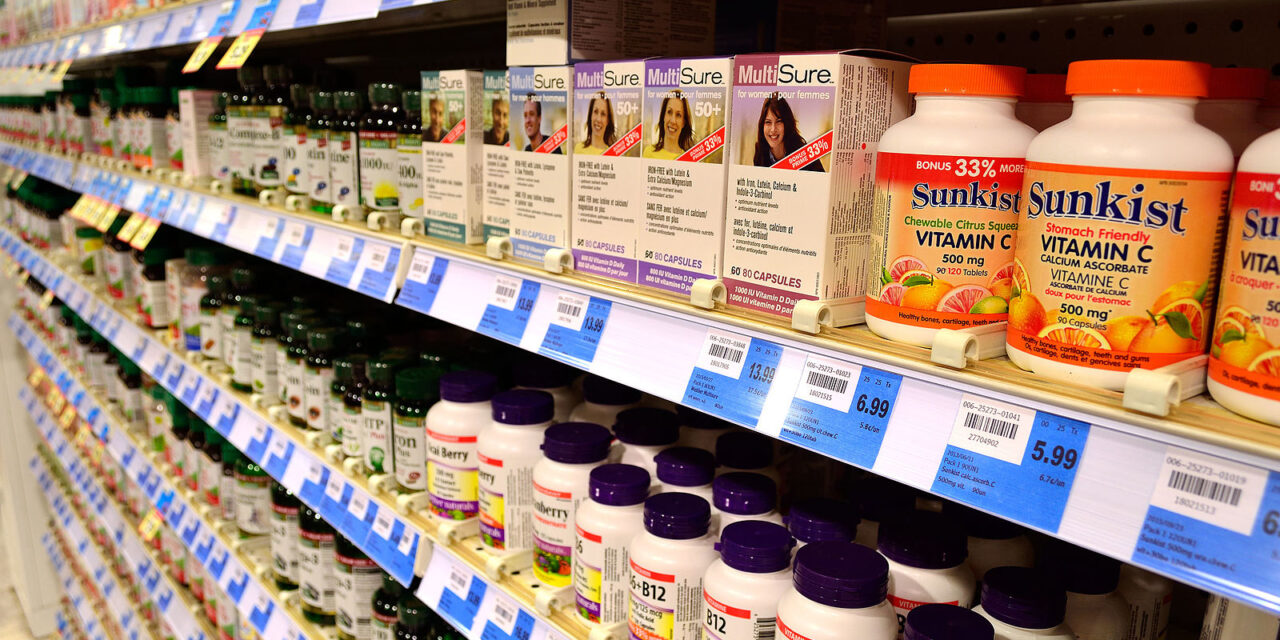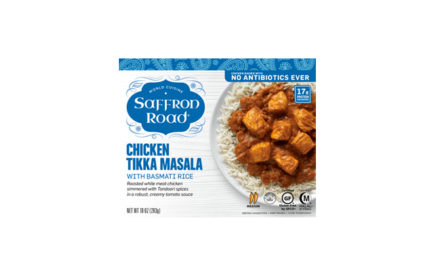At least two-thirds of adults in the United States are spending tens of billions of dollars per year on everything from vitamins and minerals, to herbal supplements, to protein powders and shakes, to weight-loss products. Those who take supplements are often seeking overall health and wellness (especially in light of COVID-19), improved athletic performance and strength, an energy boost or better sleep, body composition or aesthetic changes, stress relief, or some combination of benefits. The marketing claims of supplements can be alluring, but before spending your hard-earned dollars on supplements, slow down and take the following steps to determine a sound plan that makes sense for you…
But first…
Fine-tune your food
Nutrition from food is superior to supplements. No pill or powder can match the benefits of the real deal. Not only can our bodies better absorb and utilize nutrients from food, but eating also tends to be more enjoyable and less expensive than supplementation. Take stock of your daily eating patterns by keeping a series of food journals. From there, spend some time reviewing and reflecting on what might be missing. Registered Dietitians can assess where you may have substantial nutrient shortfalls and formulate a strategy for fine-tuning your food.
Supplements are not replacements, but…
Supplements aren’t intended to serve as stand-ins for inadequate nourishment through food. Still, they can come in clutch when a changing medical condition or periodic nutrition shortfall needs to be addressed. Supplementation may be necessary or more efficient when access to food sources of certain nutrients is limited, nutrient needs are high, during travel, or if an individual is limited by selective food preferences or allergies. With many choices and the individualized needs of each person, guidance on specific supplements should come from a Registered Dietitian. When that’s not an option…
9 Rules For Safe and Sensible Supplementing
(1) Be a supplement skeptic. Remember: If it sounds too good to be true, it probably is. Always validate product claims through non-biased sources.
(2) Choose supplements that:
- List individual ingredients on the label and use branded ingredients/raw materials
- Provide recommended dosages based on scientific research
- Are manufactured in a reputable facility and are third-party tested
(3) Steer clear of supplements that:
- Tout their “proprietary blends”
- Contain generic ingredients
- Use stimulants to cover up for insufficient ingredient profiles (i.e. pre-workout supplements)
- For competitive athletes, especially: contain banned substances
(4) Do not exceed the recommended dosage. More isn’t always better. Taking a higher dose than recommended is much more likely to lead to serious consequences such as negative side effects on health or inability to compete.
(5) Take caution! Using supplements with medications, combining supplements, or substituting supplements for prescription medications could lead to harmful (and in some cases, life-threatening) consequences.
(6) Don’t just take a supplement because a workout partner or friend is taking one. There are no quick fixes for improving sports performance.
(7) Remember: A supplement may be safe and have research demonstrating effectiveness, but it still may not be beneficial for you.
(8) Be aware that the term “natural” does not mean “safe.”
(9) Proceed with caution, knowing the ins and outs of supplement marketing and regulation. Keeping the following in mind:
- The FDA does not review dietary supplement products for safety and effectiveness before they are marketed; however, they can take dietary supplements off the market if they are found to be unsafe or if the claims on the products are false and misleading.
- Though manufacturers are responsible by law for making sure their products are safe and that the claims on their labels are accurate and truthful before they go to market, dietary supplement companies are not required to prove their products’ safety, purity, or effectiveness.
- If a supplement contains a new ingredient, manufacturers must notify FDA about that ingredient before marketing; however, the notification will only be reviewed by FDA (not approved) for safety, not effectiveness.
With thousands of products on the market, many consumers end up relying on marketing rather than sound science when choosing supplements. Before settling on supplementation, meet with a Registered Dietitian to ensure you’re eating an adequate, nourishing diet. You may be surprised to find you’re able to meet most or all of your nutritional needs through a food-first approach. If not, support from a Registered Dietitian can help you sift through the science and be assured you’re taking the supplement(s) that are right for you.
Blair Mize, MS, RDN, CSSD, LDN, CEDRD-S is co-owner of Memphis Nutrition Group, a nutrition and lifestyle counseling practice offering in-person and virtual nutrition therapy specializing in a non-diet, weight-neutral approach. The Registered Dietitians at Memphis Nutrition Group help individuals reconnect with their bodies, find confidence and clarity in their everyday choices, and create a peaceful, balanced approach to food that tastes good and feels even better. Contact Memphis Nutrition Group at 901.343.6146 or visit MemphisNutritionGroup.com for more information.







